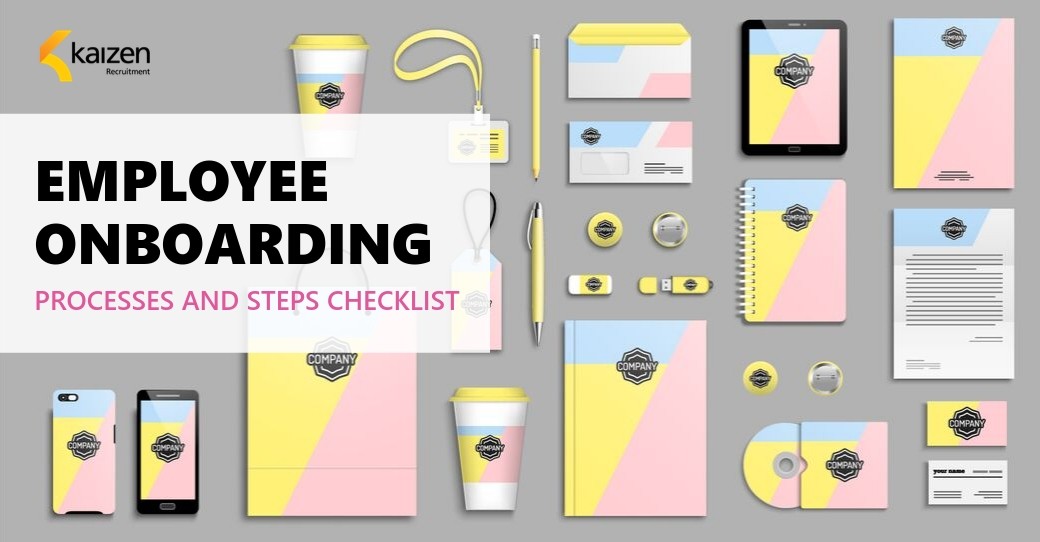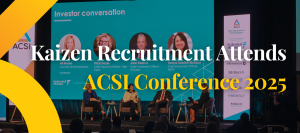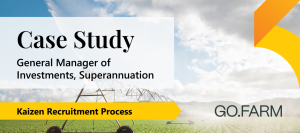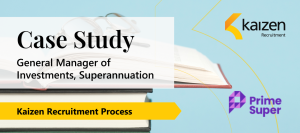Onboarding Processes And Steps Checklist
Your newest employee is due to start this week. What do you have ready for them to make sure they have an unforgettable first day and leave feeling happy and most importantly, welcomed?
Recently, Kaizen Recruitment listened to Jay Munro, from Indeed, talk about the importance of onboarding. The key tasks indicated that without a structured onboarding program, 22% of businesses will experience new hire turnover within 45 days and 33% of new employees will look for a new role within six months. Strategic Human Resource Management (SHRM) studies also state that companies who use a consistent and standardised onboarding process experience a 50% productivity uplift with new hires. Suddenly onboarding does not seem so time consuming and actually becomes a cost saving strategy.
Below is a non-exhaustive checklist on how your company can ensure that your new employees have a positive and memorable onboarding experience.
Prior to start date
- Confirm receipt of all terms of employment documentation.
- Confirm letter of offer acceptance.
- Assign a buddy for your new employee and have them call your new employee to introduce themselves and welcome them, confirm their start date and time, the appropriate dress code and who to ask for when they first arrive.
- Ask how they will be commuting and recommend transport options or parking that may be close by.
- Prepare and set up workstation including any tools of trade (monitor, keyboard, laptop, phone etc.).
- Prepare first month onboarding and training agenda to include pertinent matters such as:
- One-on-one meetings
- Team meetings
- Team lunch
- Operations training
- Systems training
- Policy and procedural training
- Social media profile setup
- Email signature setup
- Phone and voicemail setup
First day
- Arrange for an appropriate team member (e.g. buddy) to meet and greet them when they arrive.
- Make sure your team dedicates time to introduce themselves when your employee arrives. Later, let the team take time to speak about their specific roles and their journey within the company.
- Put together a welcome package. It may include their uniform, office access card, business cards, a branded pen/mug, their notebook, laptop bag or even a voucher to a good local coffee shop. Be creative and have fun with this! No matter how big or small, it will make a significant impact.
- Create an information and FAQ onboarding document. Include answers to basic questions that the employee may have; for example: what is the organisational chart, where are good places to grab a coffee or have lunch? These are basic questions, however covering these with your new employee will allow them to feel at ease.
- Allocate some time for them to sit with the HR team to complete compulsory documents for onboarding compliance. These include work policies and procedures (e.g. working hours, pay cycle etc.) as well as re-visiting the features and benefits of working for your company.
- Give them a tour of the building. Make sure this includes fire exits, bathrooms, first-aid kit, printing/photocopying, how to work the coffee machine, where they can store their lunch etc.
- Create a checklist of things that need to be set up and include a document of your new employees’ logins.
First week
- Explain your organisational values, vision, purpose and mission statement and educate your newest employee as to why these have been chosen.
- Create a list of important contacts for them, for example, who to call if they are having technical issues and who to contact to book a meeting room etc.
- Have a welcome lunch at a cafe/restaurant close by. This allows the team to switch off from work and get to know the newest team member in a social setting.
- Take their photo and add it to your website.
- Check in at the end of the first week to review the onboarding process and answer any questions.
First month
- Discuss and document short and long-term goals in line with the organisation and role-specific performance management system. Be sure to include opportunities to set up a customised learning and development program as well as a support network that includes systems, processes and people in order to encourage ongoing growth and development.
- Set up weekly meetings to review your new employee and make sure they are on track. If not, see what support and training can be offered to them.
Third month
Your newest employee should now be able to work autonomously.
- Check in and see how they are finding their workload, the culture and if they have any issues.
- Encourage them to start considering what further training and development opportunities may be beneficial.
- Regular and on-going performance discussion should be reciprocal. This will allow both employer and employee the ability to provide and request feedback that is honest, constructive and positive.
Sixth Month
- Your team member has settled in and has passed their probation period so now is a good time to ask them how they found their onboarding experience.
- Provide them with feedback and a performance review.
- Discuss an action plan going forward for their progression and schedule necessary learning and development.
Key things to remember
Provide structure to your new employee’s onboarding program. This should include:
- Regular catch ups to review and reflect on tasks that have been achieved.
- Ensuring weekly catch ups are conducted early on to review their week, answer questions that have come up in the week and to gauge how your employee has settled in.
You have made sure that you have ticked all the boxes in the hiring process so take the time to review and improve your onboarding process. If done well, the onboarding process can positively contribute to organisational retention rates by supporting individual morale and confidence as well as increasing productivity and performance.
Constantly seeking feedback from your new hires on how they have found the onboarding process ensures that you are constantly reviewing and improving processes and provides your staff with the best opportunity to thrive and not just survive.
Good luck!
Matt McGilton – Director
Kaizen Recruitment specialises financial services recruitment across funds management, wealth management, superannuation, investment consulting and insurance. We are based in Melbourne and Sydney. For assistance or further information please telephone our office at +61 3 9095 7157 or submit an online form.
Like what you see?
Please feel welcome to join
Kaizen Recruitment’s mailing list
